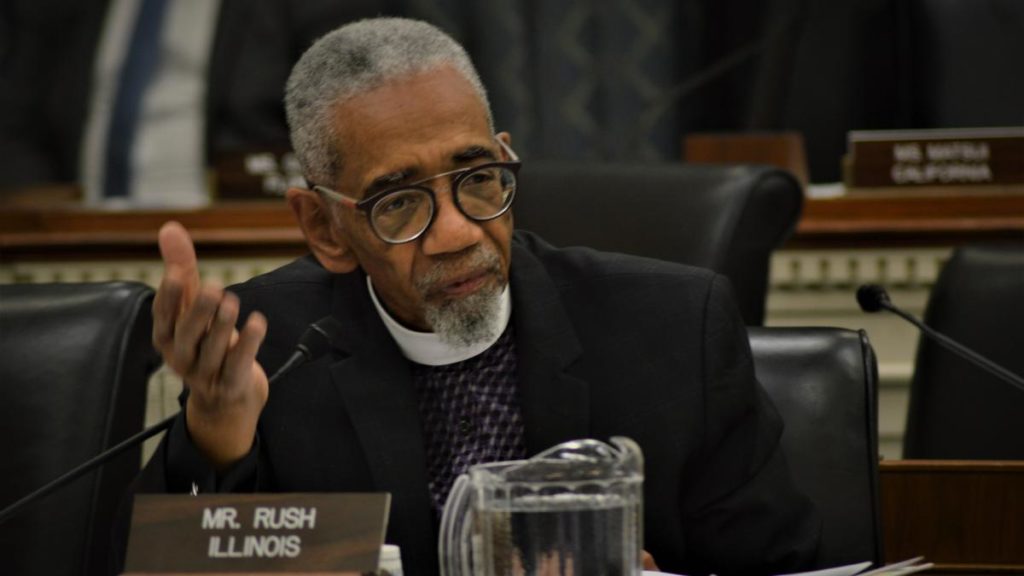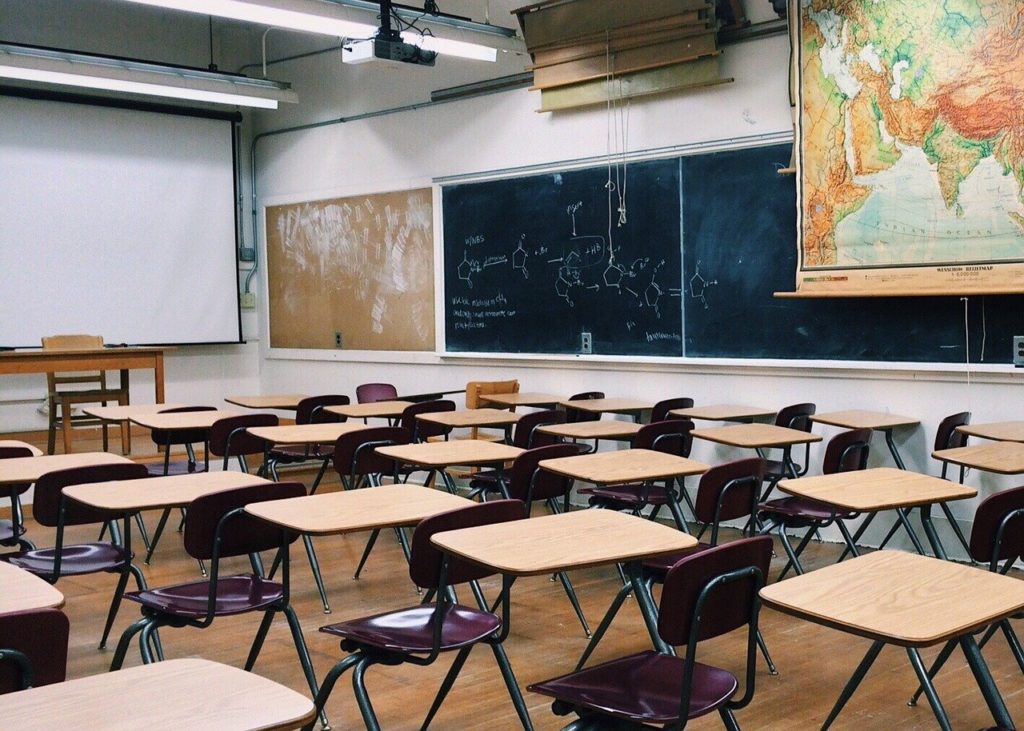Committee Advances Build Back Better Act; Rush Applauds Legislation Following Marathon Markup

![]()
Committee Advances Build Back Better Act; Rush Applauds Legislation Following Marathon Markup – Today, U.S. Representative Bobby L. Rush (D-Ill.), Chair of the House Energy and Commerce Committee’s Energy Subcommittee, released the following statement after the Committee successfully passed its portion of the Build Back Better Act following a three-day, 40-hour markup. The legislation now heads to the House Budget Committee for compilation with other components of the Build Back Better Act.
“After three days of marathon work, this Committee has taken a monumental step towards delivering transformational legislation that will tangibly improve the lives of millions of Americans,” said Rush. “In the end, cynical Republican attempts to distract, delay, and impugn our Committee’s work for the American people did not deter us. This groundbreaking legislation I proudly helped craft will set our nation up to be a leader rather than a benchwarmer in the urgent fight against climate change.”
“Importantly, these investments will be both equitable and historic. This legislation puts a necessary and unprecedented emphasis on ensuring that the benefits of a clean energy economy reach every community, especially those that have been historically underinvested in and left behind. I am eager to continue working with my colleagues to get this important legislation across the finish line, and I look forward to delivering the transformative Build Back Better agenda that the American people elected us to enact.”
Key energy-related provisions in the legislation, which Rep. Rush helped marshal through the Energy and Commerce Committee, include:
- $150 billion for a Clean Electricity Performance Program (CEPP) at the Department of Energy (DOE), which will issue grants and collect payments from electricity suppliers based on how much clean electricity each supplier provides to customers.
- $13.5 billion for electric vehicle infrastructure to support the development of a charging network, with a focus on constructing charging infrastructure in publicly accessible locations and underserved areas.
- $30 billion for the full replacement of all lead service lines in drinking water systems across the country. Chicago has more lead service pipes than any city in the country, and Illinois has the most of any state.
- $18 billion in home energy efficiency and appliance electrification rebates.
- $5 billion for community-led projects to address environmental and public health harms for areas most impacted by climate change and environmental injustice.
- $2.5 billion for solar projects serving low-income households, affordable housing complexes, and underserved areas.
- $7 billion in loan and grant programs at DOE to support clean energy innovation and manufacturing of zero-emission transportation technologies.
- $5 billion to replace trucks and school busses with zero emission vehicles.
- $9 billion to modernize grid infrastructure and invest in electric transmission.
- $17.5 billion to decarbonize federal buildings and fleets.
- $27.5 billion for climate finance institutions supporting the deployment of low- and zero-emission technologies, with a requirement that at least 40 percent of investments will be made in low-income and disadvantaged communities.
- $10 billion for cleanup of Superfund sites.
- $100 million to address air pollution and toxins at schools.
- A methane fee on pollution from the oil and gas industry.
Earlier in the markup, Rep. Rush introduced and led debate on the energy-related provisions in the bill; he also gave opening remarks at the beginning of the markup, responded to Republicans’ bad faith arguments about provisions in the legislation constituting government overreach, and excoriated Republicans’ attempts to portray Democrats on the Committee as wanting to defund the police.
A fact sheet on key Energy and Commerce Committee provisions in the Build Back Better Act can be found HERE.
Committee Advances Build Back Better Act; Rush Applauds Legislation Following Marathon Markup








Responses